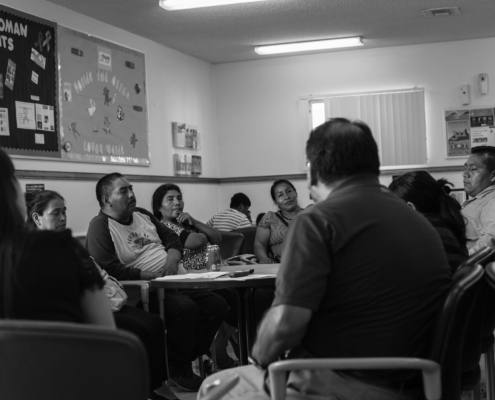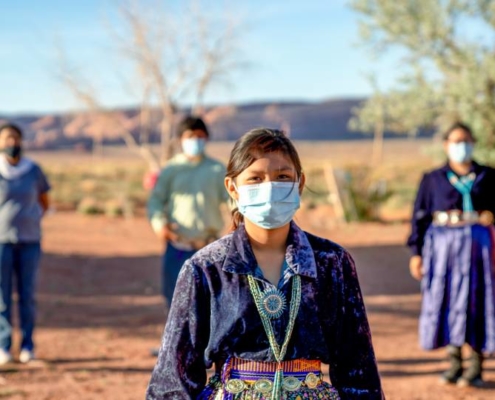Posts

Lost in Translation “en el Fil”
by Sayil Camacho, Peabody College of Education and Human…

UCLA Professor Discusses the Cultural Power of Native American Hip Hop
In his essay in The Source, Dr. Kyle T. Mays, UCLA Assistant…

The COVID-19 Crisis and the Importance of Data Sovereignty in Indigenous Communities
"Indigenous Peoples across the country continue to be disproportionately…

